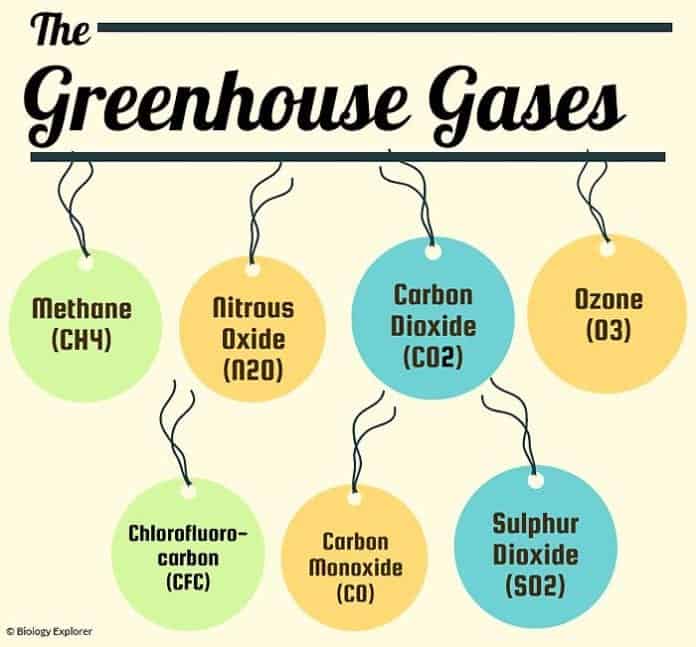Dodoma. Tanzania has taken a step toward strengthening its environmental governance with proposed amendments to the Environmental Management Act, Chapter 191.
These changes, presented before Parliament on February 12, 2025 by the Minister of State in the Vice President’s Office (Union and Environment) Hamad Yusuf Masauni, aim to align the law with the 2021 National Environmental Policy and address pressing environmental challenges, particularly climate change.
Originally enacted in 2004, the Environmental Management Act (EMA) has undergone three amendments, with revisions in 2016 and two updates in 2021.
The new proposals focus on refining legal definitions, enhancing climate change governance, and bolstering institutional frameworks to ensure more effective environmental management.
One of the key aspects of the proposed amendments is the expansion of legal definitions to provide clarity on crucial environmental terms.

This includes refining the meanings of “solid waste” and “water source” while introducing new terminology related to climate change, such as “greenhouse gases,” “climate change management,” and “energy transition.” By doing so, the law aims to create a more precise and comprehensive framework for environmental protection.
Another crucial provision in the amendments is the increased role of the Minister responsible for the environment in national development planning.
This move is designed to ensure that environmental considerations are integrated into economic policies, fostering sustainable growth without compromising natural resources.
The amendments also seek to formalize the status of the National Carbon Monitoring Center (NCMC) in Morogoro. Although operational, the center currently lacks legal recognition.
By granting it official status, the government aims to enable it to engage in national and international agreements on carbon trading and climate resilience, further strengthening Tanzania’s position in global environmental governance.

A major focus of the proposed changes is on strengthening sectoral environmental management. The amendments would require all ministries and government institutions to incorporate climate change mitigation and adaptation strategies into their policies, ensuring a unified national approach to environmental sustainability.
Additionally, the amendments introduce provisions for the protection of marine and wetland ecosystems. By recognizing these areas as protected zones, the government aims to ensure their sustainable management, preserving biodiversity and supporting coastal communities dependent on marine resources.
Local government planning will also be affected by the new amendments, as authorities will be required to submit environmental action plans within specific timelines. This requirement aims to integrate climate change considerations into local development strategies, promoting a bottom-up approach to sustainability.
Private-sector participation in environmental conservation is another key component of the amendments. The proposed law establishes mechanisms to attract private investment in sustainable technologies and green energy initiatives, recognizing the role of businesses in climate change mitigation.
Carbon trading and emission standards are also addressed in the amendments, introducing regulatory measures to ensure compliance with global emission reduction commitments.

This move aligns Tanzania’s environmental policies with international agreements such as the Paris Agreement, reinforcing the country’s dedication to sustainable development.
Soil conservation and pollution control are emphasized as well, with new provisions aiming to prevent land degradation and pollution from industrial waste. These measures will help safeguard agricultural productivity and ensure long-term environmental sustainability.
The amendments further propose a restructuring of institutional responsibilities among regulatory agencies, including the Tanzania Communications Regulatory Authority, Tanzania Bureau of Standards, and the Chief Government Chemist Laboratory Authority.
This restructuring aims to create a more cohesive and efficient environmental governance framework.
By integrating climate change considerations into national planning, the proposed amendments signify a bold step toward environmental resilience.
The Tanzanian government is positioning itself as a leader in sustainable development, ensuring that economic growth does not come at the expense of the environment. As the bill moves through parliamentary debate, its successful implementation will be crucial for the country’s long-term sustainability, balancing ecological conservation with economic prosperity.



Официальный Telegram канал 1win Casinо. Казинo и ставки от 1вин. Фриспины, актуальное зеркало официального сайта 1 win. Регистрируйся в ван вин, соверши вход в один вин, получай бонус используя промокод и начните играть на реальные деньги.
https://t.me/s/Official_1win_kanal/1611